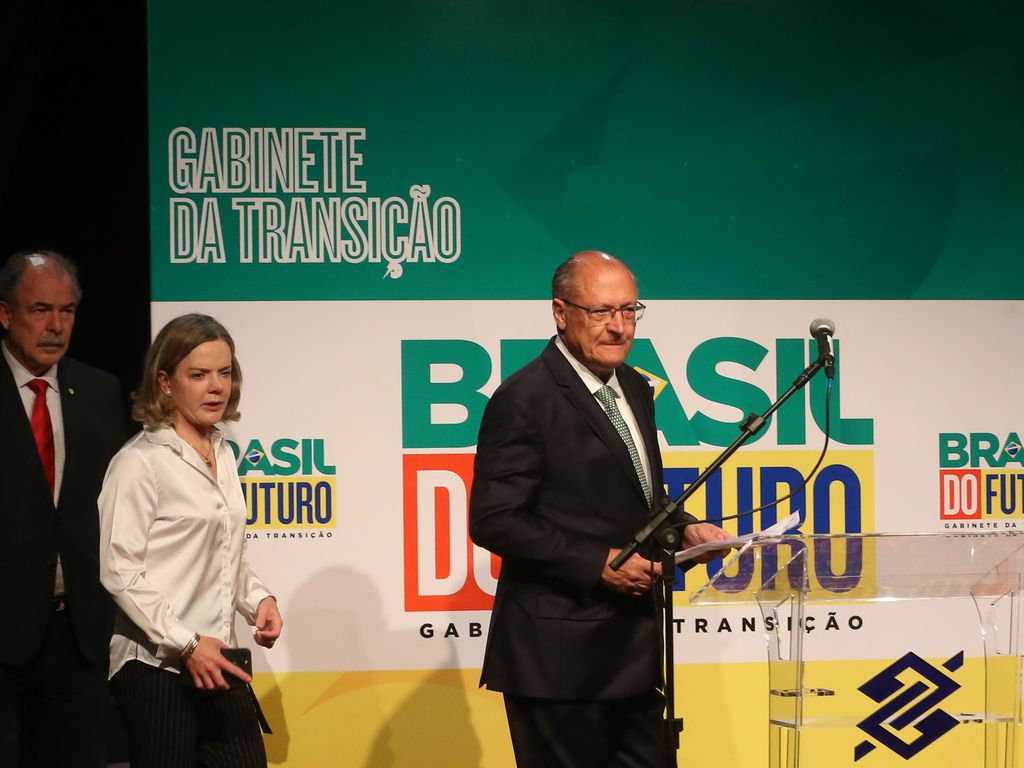Vice President-elect Geraldo Alckmin announced on Wednesday a new series of appointments to President-elect Luiz Inácio Lula da Silva’s transition team.
The picks for the group responsible for overseeing agricultural matters are a clear attempt to extend a hand to Congress, with some names hailing from the ‘Big Center’ ideologically-fluid group of self-serving parties.
Two appointees — both former agriculture ministers — belong to Progressistas, a ‘Big Center’ party that is the political outfit of President Jair Bolsonaro’s chief of staff, Ciro Nogueira: Kátia Abreu, an outgoing senator, and Congressman Neri Geller. Senator Carlos Fávaro, from the Social Democratic Party, also a Big Center party, has also been named to the agricultural transition team.
Both parties took part in Lula’s election campaign.
The three names mentioned above are representatives of Mato Grosso, Brazil’s leading agricultural state. The transition team plans to invite more participants from other essential agricultural states in coming weeks.
The incoming Lula administration can name up to 50 people paid by the public purse to coordinate the handover of power.
Other members announced by Mr. Alckmin have previously occupied positions in the federal government or served terms in Congress. This is the case of Evandro Gussi, a former federal lawmaker who is now CEO of Unica, an organization representing the sugar cane industry, and of two former directors of the government agricultural research center Embrapa, Silvio Crestana and Tatiana de Abreu Sá.
There is also a rural development team, which will be responsible for coordinating social and environmental issues with agribusiness.
This team includes individuals linked to social movements and academia, such as Luiz Gomes de Moura, a professor at the Federal University of Brasília, and José Josivaldo Oliveira, a leader of the movement for people affected by dams (MAB).


 Search
Search






































